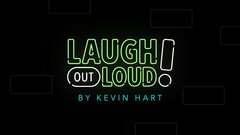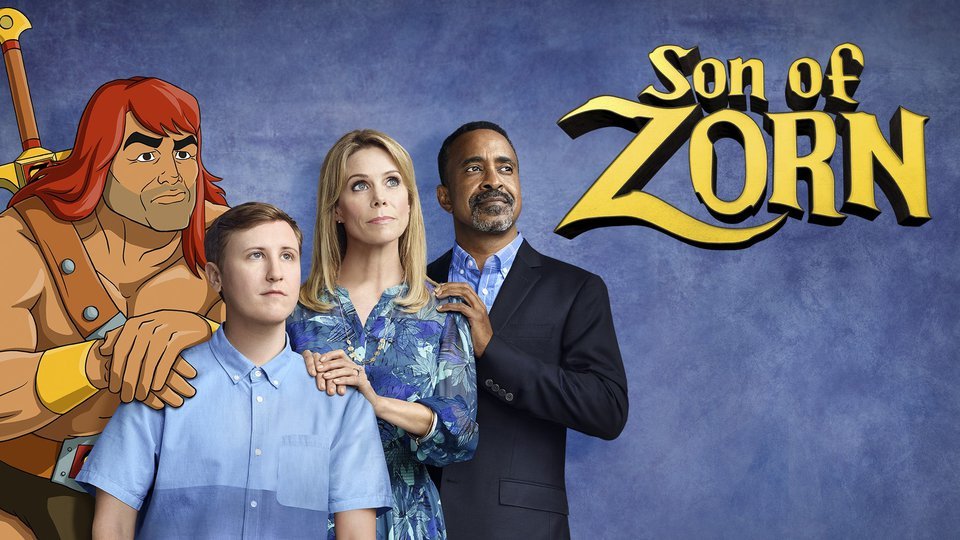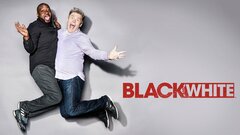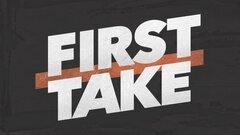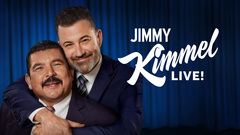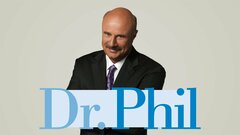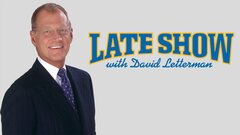Known for his spectacular touchdown celebrations as much as his aggressive off-field personality, former NFL wide receiver Terrell Owens has etched his way into the NFL history books. Owens set franchise and league records over a 14-year career that saw him making six Pro Bowl appearances, as well as hours upon hours of highlight reels. T.O., as he has come to be known, played for five NFL teams before moving to the Indoor Football League in 2012. As one of the NFL's all-time leading receivers, he has gone down as one of the most successful players to have ever occupied the position.
Terrell Owens was born in Alexander City, AL on December 7th, 1973. After his parents separated, he followed his mother to live with his grandmother, spending much of his early days forbidden to play the game that would one day make him famous. Despite being held off the field, he watched in earnest as his favorite player, Jerry Rice, scorched the NFL in the 1980s as a star receiver for the San Francisco 49ers. While Owens would eventually wear the uniform for those very same 49ers, his college years at the University of Tennessee came first, finding him not only playing football, but basketball and track as well.
After a slow beginning as a college football player, Owens soon became a starter during his sophomore year. Owens eventually made his way to the Senior Bowl - an all-star game for college players - which drew the attention of NFL scouts, and ultimately paved the way for his entry into the NFL. Owens played his first game in the 1996 season, starting off the year on the special teams unit. But when his idol and now teammate Jerry Rice tore his ACL at the start of the 1997 season, Owens quickly took over as wide receiver, leading the team to 13 wins and a spot in the playoffs. It appeared his time was finally at hand.
However, Owens, who was by then already known for his aggressive personality, always managed to find himself mired in controversy. After a disastrous couple of years on the field, Owens attempted to void his contract with the 49ers after the 2003 season. However, after an attempted trade to the Baltimore Ravens, which was eventually voided by the NFL, Owens signed with the Philadelphia Eagles to a seven-year, $49 million contract. It took little time for Owens' Philadelphia era to come under scrutiny.
In December of that year, he fractured his leg during a game with the Dallas Cowboys, putting the Eagles' 2004 playoff run into doubt. When the Eagles won the NFC Championship, Owens announced that he would play in the Super Bowl despite his doctor's orders to sit the game out. The Eagles went on to lose Super Bowl XXXIX, with Owens receiving the brunt of criticism from the media, many of who questioned his decision to play. The controversy followed Owens into the 2005 season.
After announcing he had fired his agent, Owens made an alleged remark that was interpreted as questioning his teammates drive and devotion during the 2004 Super Bowl. A team-wide firestorm was ignited, and after being denied permission to join the NBA's Sacramento Kings during the 2005 NBA Summer League, Owens appeared to be looking for either a new multi-year option from the Eagles, or a way out of Philadelphia. The negotiations went nowhere, and after Owens continued to barrage Eagles ownership with public jabs.
He was eventually suspended for four games and released from the team, choosing to sign with the Dallas Cowboys for the 2006 season. In September of that year, an early-season injury led to Owens overdosing on pain medication. However, he emerged from the incident unscathed. While some saw his erratic behavior troubling, others saw it as an extension of his intense competitive desire to win on the field. As a Dallas Cowboy, Owens managed to set numerous franchise records, while making continued Pro Bowl appearances.
But when the Cowboys released him in 2009, Owens was surprised. He finished his NFL career with two year-long stints with the Buffalo Bills and the Cincinnati Bengals, before a tear in his ACL permanently sidelined his NFL career in 2011. Owens played for a year in the Indoor Football League, and eventually announced his return to the NFL after signing with the Seattle Seahawks in 2012. However, the team released him after 20 days.







